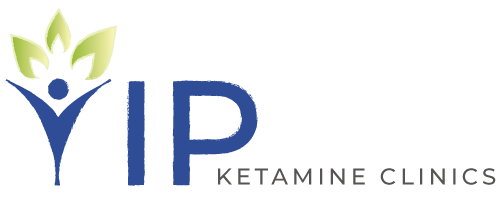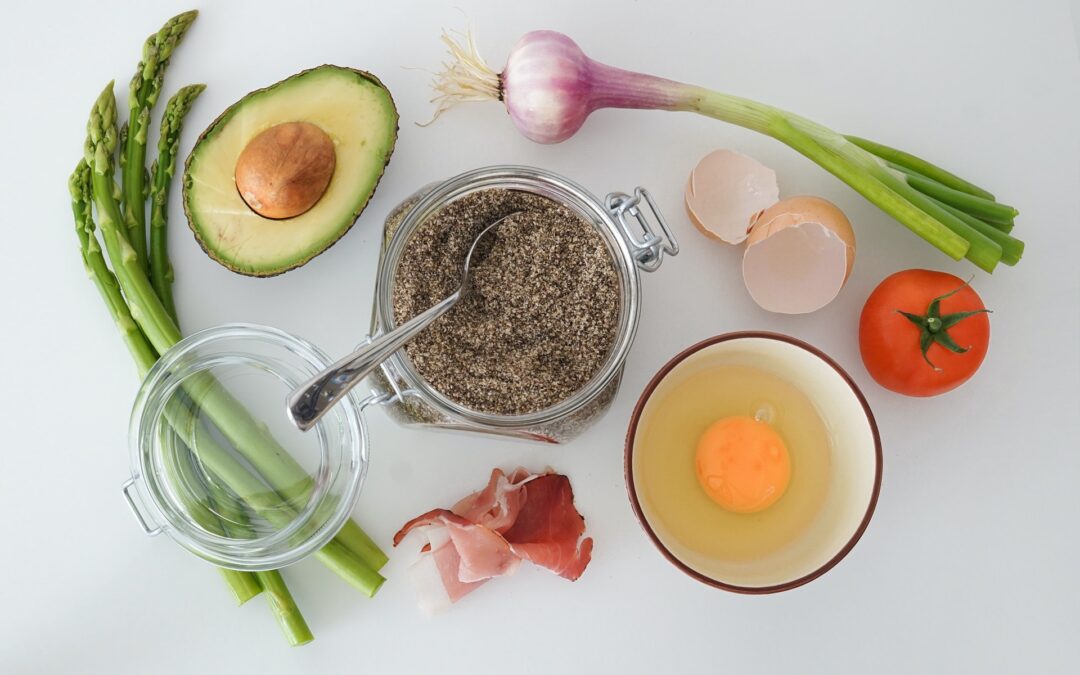When you think of mental health, you may not immediately think of the micro bacteria in your gut, but you should. After all, when you’re anxious you might feel sick to your stomach, when you’re excited you may experience butterflies, and when you’re upset you might notice a “gut-wrenching” feeling. The link between your gut health and your brain is referred to as the gut-brain axis. Many people don’t realize how many nerves and neurons actually run between your brain and your gut, but improving your gut health can help quell symptoms of both anxiety and depression. Healthy gut function has been linked to normal central nervous system functions as well. In addition, 95% of the body’s serotonin is actually produced in the gut, not the brain, so if you are experiencing depression or anxiety, looking at your diet may be the best place to start.
Understanding the Role of Probiotics in Depression
Probiotic bacteria is essential to normal brain function and has many other added health benefits. A field of psychiatry studies psychobiotics and the connection between a healthy gut and a healthy mind. Researchers have found that taking a probiotic supplement each day, in conjunction with psychotherapy and antidepressants, can help to improve symptoms of anxiety and depression. Microorganisms in your gut play a vital role in the gut-brain axis by producing neurotransmitters that affect mood, sleep habits, and appetite. Probiotics also reduce inflammation and can affect cognitive function.
Ways to Improve Gut Health
1. Take a look at your current diet.
It’s best to avoid highly processed, high-sugar, and high-fat foods and instead, replace them with whole foods. Highly processed and high sugar foods can lead to sluggishness and other negative effects on your physical and mental health. Foods that are high in fiber and omega-3 fatty acids are important to consume because they aid in healthy digestion and reduce inflammation.
2. Pay attention to probiotic and prebiotic-rich foods.
Probiotic and prebiotic-rich foods contribute to your microbiome, balancing the good bacteria in your gut. Probiotic foods add diversity to your gut micro bacteria, whereas prebiotic foods feed good gut bacteria. Some examples of probiotic-rich foods include kefir, kimchi, kombucha, sauerkraut, apple cider vinegar, and some yogurts. Examples of prebiotic foods are asparagus, jicama, onions, garlic, and leeks. Try integrating these foods into your diet as much as possible.
3. Focus on digestion.
As discussed, foods that are high in fiber are important to consume, but the reason it is important to eat foods that support good digestion is that they help our bodies to absorb nutrients, vitamins, and minerals—all of which lead to a healthy brain.
If your depression is largely related to serotonin, then balancing your gut bacteria can make a big difference in your symptoms. If another neurotransmitter like glutamate is thought to be deficient, then other treatments like ketamine infusion therapy may be more effective. To see if you are a candidate for ketamine infusions, contact our ketamine clinic today, or fill out the brief form below.

